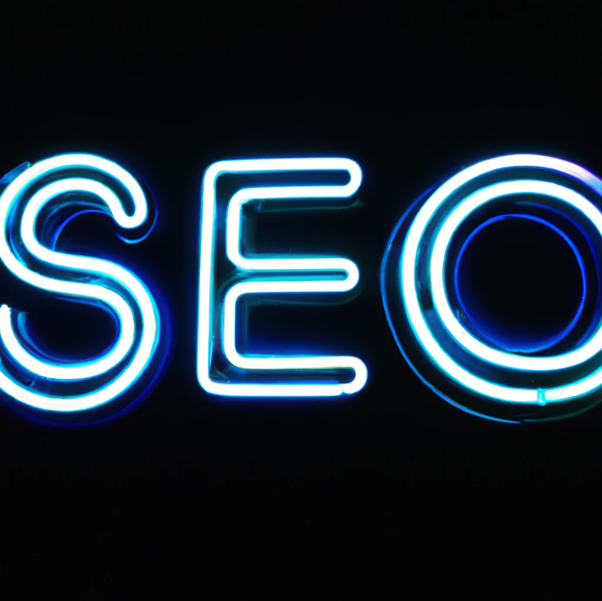Search engine optimization (SEO) is the process of optimizing a website to improve its visibility and ranking on search engine results pages (SERPs). It involves a range of techniques and strategies that help search engines understand and rank a website’s content. Two primary components of SEO are on-page and off-page optimization. Both are essential for a successful SEO strategy, but they differ in terms of their focus and the techniques used.
On-page SEO, also known as on-site SEO, refers to the optimization techniques that are implemented directly on a website’s pages. These techniques aim to make a website more search engine-friendly and improve its rankings on SERPs. The primary goal of on-page SEO is to make it easy for search engines to crawl, understand, and index a website’s content. Here are some of the key factors that are typically considered in on-page optimization:
- Content: One of the most important on-page optimization factors is the content of a website. High-quality, relevant, and unique content can significantly improve a website’s rankings on SERPs. Content optimization involves using targeted keywords, meta descriptions, and headers to make it easier for search engines to understand the content of a page.
- Keywords: Keywords are the words and phrases that users enter into search engines when looking for information online. Effective keyword optimization involves identifying the keywords that are relevant to a website’s content and using them strategically throughout the site. Keyword density, proximity, and prominence are some of the key factors that are considered in on-page keyword optimization.
- URL Structure: The URL structure of a website plays an important role in on-page optimization. A well-structured URL that includes relevant keywords can improve the visibility of a website on SERPs.
- Meta Tags: Meta tags are snippets of code that provide information about a website’s content to search engines. These include title tags, description tags, and header tags. Effective use of meta tags can improve the visibility and ranking of a website on SERPs.
- Internal Linking: Internal linking involves linking to other pages within a website. This helps search engines understand the structure of a website and the relationships between different pages.
Off-page SEO, on the other hand, refers to the optimization techniques implemented outside of a website. Off-page optimization is all about creating signals of trust and authority for a website. The primary goal of off-page SEO is to improve a website’s popularity, reputation, and visibility on the internet. Here are some of the key factors that are typically considered in off-page optimization:
- Backlinks: Backlinks are links that point to a website from other websites. The number and quality of backlinks are important factors in off-page optimization. High-quality backlinks from authoritative websites can significantly improve a website’s ranking on SERPs.
- Social Media: Social media signals such as likes, shares, and comments can also impact a website’s ranking on SERPs. Social media optimization involves creating and sharing content on social media platforms to improve a website’s visibility and reputation.
- Local SEO: Local SEO involves optimizing a website for local search results. This includes creating local listings, optimizing for local keywords, and building citations from local directories.
- Brand Mentions: Brand mentions refer to any mention of a website or brand online, whether or not it includes a link. Brand mentions can help to establish a website’s authority and reputation online.
- Reviews: Online reviews can also have an impact on a website’s ranking on SERPs. Positive reviews can improve a website’s reputation and visibility, while negative reviews can have the opposite effect.
While on-page and off-page optimization differ in terms of their focus and techniques, both are essential for a successful SEO strategy.
In conclusion, on-page and off-page optimization are both essential components of a successful SEO strategy. On-page optimization focuses on optimizing a website’s content, structure, and technical aspects, while off-page optimization focuses on building signals of trust and authority for a website through external factors such as backlinks, social media, local SEO, brand mentions, and reviews. By implementing a well-rounded SEO strategy that incorporates both on-page and off-page optimization, website owners can improve their visibility, ranking, and ultimately drive more organic traffic to their sites!
Post By Lucas Rasnesvski


